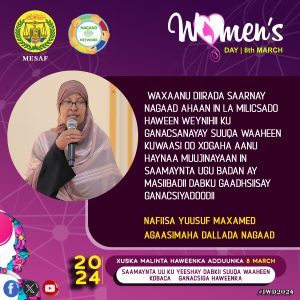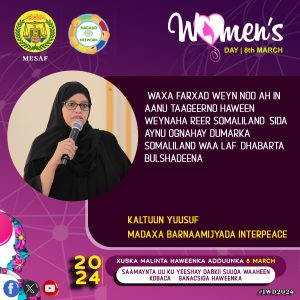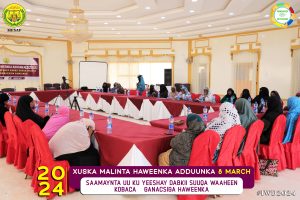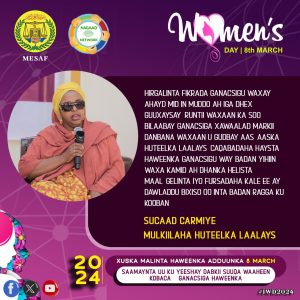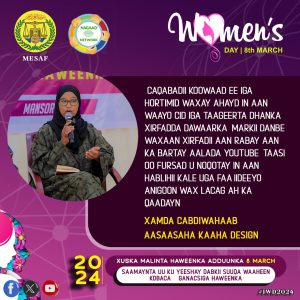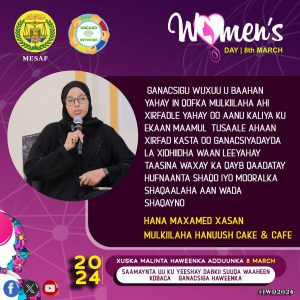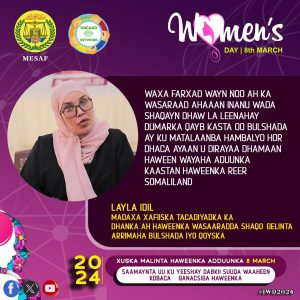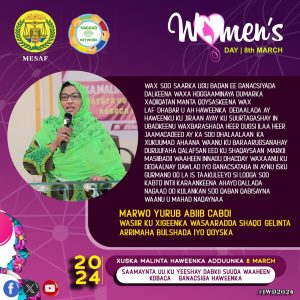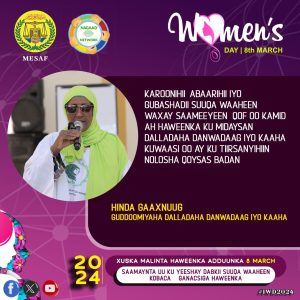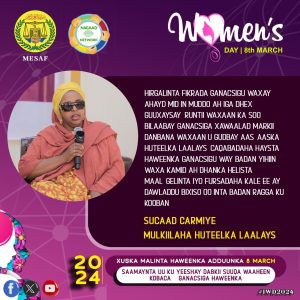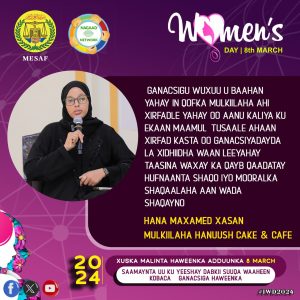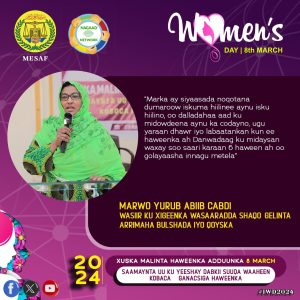- March 5, 2024
- Ismail
- No Comments
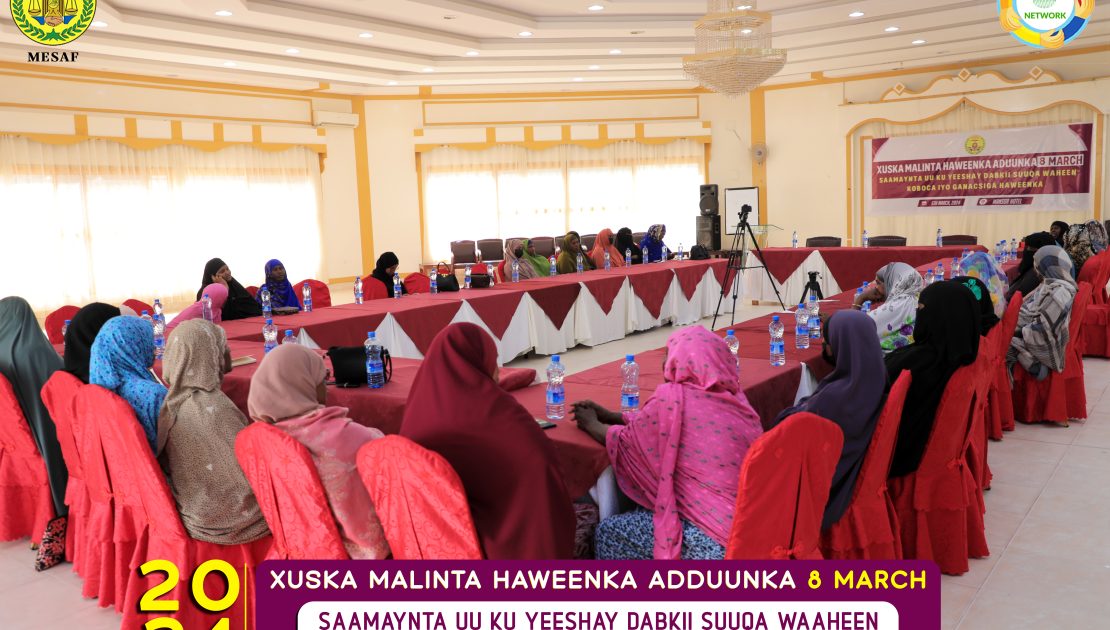
Unveiling the Impact: NAGAAD Network’s Panel Discussion on the Aftermath of the WAAHEEN Market Fire on Female Street Vendors
Commemoration of the International Women’s Day
Introduction:
In the bustling streets of Hargeisa, Somaliland, the WAAHEEN Market stands as a beacon of commerce, serving as a vital hub for local vendors. However, a devastating fire outbreak shook the foundation of this market, leaving behind profound implications, particularly for the female street vendors who rely on it for their livelihoods. As part of International Women’s Day commemoration, and also the importance of recognizing the urgent need to shed light on their plight, NAGAAD Network convened a panel discussion to delve into the findings of a research recently conducted on the impact of the WAAHEEN Market fire on female street vendors.
Exploring the Research Findings:
The panel discussion served as a platform for researchers, community leaders, and affected vendors to come together and engage in meaningful dialogue. NAGAAD Netowrk made a presentation of the research finding to the participants, before the panel discussion started. Through the lens of the research, participants gained insights into the multifaceted impact of the fire on female street vendors. The findings revealed the harsh realities faced by these women, ranging from economic hardships to psychological trauma.
- Economic Struggles: One of the key takeaways from the discussion was the economic toll inflicted by the fire. Female street vendors shared firsthand accounts of the loss of their merchandise and livelihoods. With their stalls reduced to ashes, many women found themselves grappling with financial insecurity and uncertainty about the future. The panel underscored the urgent need for targeted interventions to support these vendors in rebuilding their businesses and restoring their economic stability.
- Psychological Resilience: In addition to the economic repercussions, the panel also shed light on the psychological toll of the fire. Female vendors spoke candidly about the trauma and distress caused by witnessing the destruction of their livelihoods. Despite facing immense challenges, these women exhibited remarkable resilience in the face of adversity. The discussion emphasized the importance of addressing their psychosocial needs and providing adequate support to promote healing and recovery.
- Community Solidarity: Amidst the devastation, the panel highlighted the power of community solidarity in the aftermath of the fire. Female street vendors shared stories of mutual aid and support from fellow vendors, community members, and organizations like NAGAAD Network. This spirit of solidarity served as a beacon of hope, inspiring collective efforts to rebuild and uplift affected women.
- Call to Action: As the panel discussion concluded, participants echoed a resounding call to action. There was unanimous agreement on the need for sustained support and advocacy to address the challenges faced by female street vendors. From policy reforms to targeted assistance programs, the panel underscored the importance of collective action in driving meaningful change for these resilient women.
Conclusion: NAGAAD Network’s panel discussion served as a poignant reminder of the resilience and strength exhibited by female street vendors in the face of adversity. By amplifying their voices and shedding light on their experiences, the discussion laid the groundwork for actionable steps to support and empower these women on their journey towards recovery and resilience in the wake of the WAAHEEN Market fire.
